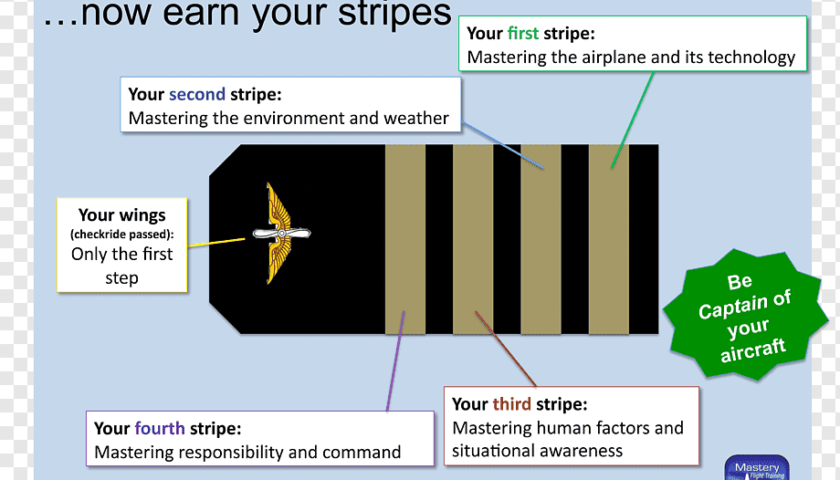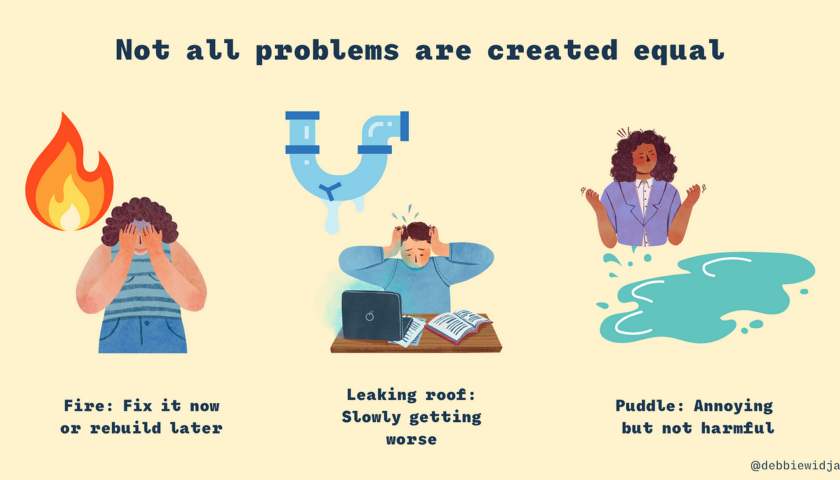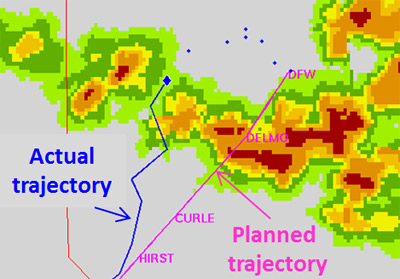The stereotypical captain was a white scarfed, goggled pilot who had such personality traits as independence, macho, bravery and individualism. It was era when most of the pilots in commercial aviation were from military. These pilots were trained to fight and fight to win/survive. It is a myth that military pilots lack team work, are arrogant and unteachable. While on the contrary they were trained to win whatever the odds or enemy’s capability. These pilots had fine motor skills, excellent situational awareness wherein they had accurate mental picture of environment, position and potential of not only his own aircraft but of his team as well as enemy aircraft. They were great team players wherein they trusted leader/follower, were confident and respectful, with good humour and communication skills. Why because their survival depended on these traits. They were tested for these traits before being selected, as they were commissioned officers too. And subsequently these traits were always emaphasized during training as well as every mission that they undertook as part of brief/debrief subsequently.
“Talent wins games, but teamwork and intelligence win championships.”
Michael Jordan
I qualify pilots as respectable professionals as good as doctor, engineers or lawyer. They are life long learners who endure long years of training and experience to qualify and excel in their professions. While a CV and an interview were enough in earlier times, most airlines discovered that this wasn’t the most effective way of selecting the right candidate because there were many instances in which they missed the negative traits and also forgot to credit positive skills at times. Hence apart from checking skill and knowledge, Aptitude, psychometric, an English Proficiency test is also carried out for non native speakers. But what is lacking in the selection process is group test to evaluate team work, leadership and other human factors while under stress . This can be achieved by simple exercises like group discussion, group planning exercises and group tasks. A group test should form part of an overall assessment process, which may be utilised after successfully completion of other assessments. The group test may be followed with an interview or other face to face assessment activities.
Great things are rarely achieved by just one person. Usually, they are accomplished by a group of people, and when everyone is committed to the overall goal, teams move faster, are more innovative and more successful. Successful teamwork is essential for anyone attempting complete projects successfully.
What is a group exercise?
The group exercise is an activity that is widely used by most employers across the world. The aim of group-based exercises is primarily to assess a participant’s ability to work effectively as part of a team.
What happens in a group exercise?
A group of candidates usually work together as a team to perform an activity while they are being watched and evaluated by assessors. These assessors will make their observations, note them and eventually score the candidates based on their respective contributions to the overall exercise. During such exercises, the participants are presented with a hypothetical scenario which involves a problem or dilemma of some kind and they are required to provide solutions as a team. Typically the groups include 4-6 people. The participants are presented with a number of competing problems and they need to prioritise which issues are of utmost importance and for what reasons.
The group exercise would normally comprise of group discussion, group planning and group tasks. It could be related to a work/job issue which requires them to work on the solution and make a presentation to the assessors or even as simple as completing a task.
Pilots will be assessed for what?
A group exercise will typically be utilised to assess how you perform in a group setting and when working with other people, as well as the overall group dynamics and the outcome involved in the exercise. The competencies you will be assessed against will likely be similar to those assessed at interview and in line with the core ICAO pilot competencies. Group exercises can therefore utilised to assess your performance against these core competencies, as well as any additional areas the organisation are keen to understand to a higher level, but in a group situation. This provides the organisation with an insight into your behaviours and performance in a real life setting within the role itself and can be used to gain further understanding of your areas of strengths and areas for development.
- Team working abilities, leadership potential and the ability to influence.
- The quality of ideas as well as the ability to consider the same issue from different perspectives.
- The ability to put forward their ideas and influence the other members of the group.
- A participant’s standard of communication, social skills, interpersonal skills – ability to listen, convince, mediate & confidence
- Problem solving abilities that suggests whether they are able to arrive at an effective conclusion within the provided timeframe.
- Critical thinking ability as well as decisiveness.
It’s important to remember that a group exercise will typically form part of a wider assessment process and should be aligned with organisations values and ethos. Based on the feedback from flight operations, selected group exercises may be reviewed or the criteria may itself be redefined. So what do you think?
If you have any suggestions or exercises that you may like to recommend as part of an assessment, please feel free to share in the comments.

“Teamwork is the ability to work together toward a common vision. The ability to direct individual accomplishments toward organizational objectives. It is the fuel that allows common people to attain uncommon results.”
Andrew Carnegie



